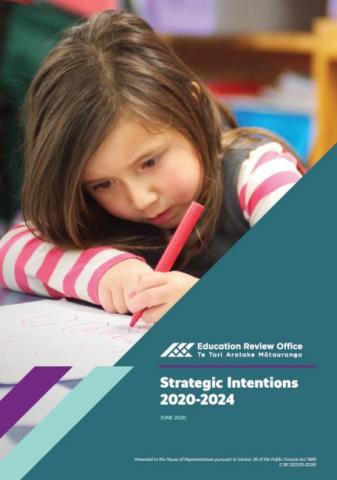Private and independent schools
Published: 31 Mar 2021
Reviews of private schools have a different process to state/state-integrated school reviews. We report to the Secretary for Education on whether your private school meets the criteria for registration. This page covers the process for private school reviews and includes the Assurance Statement and Self-audit checklist and the fit and proper person attestation.
- Audience:
- Education
- Schools
- Content type:
- Basic page
- Topics:
- Registered Private Schools











